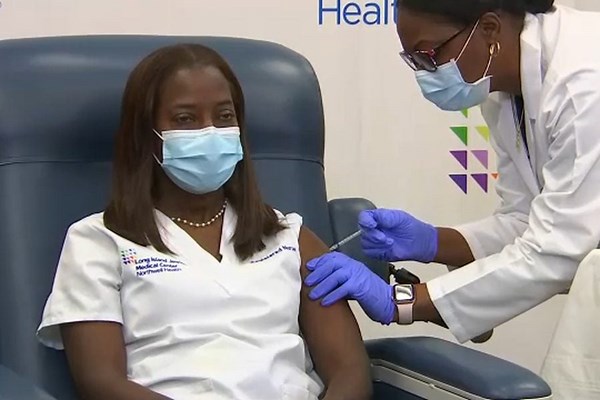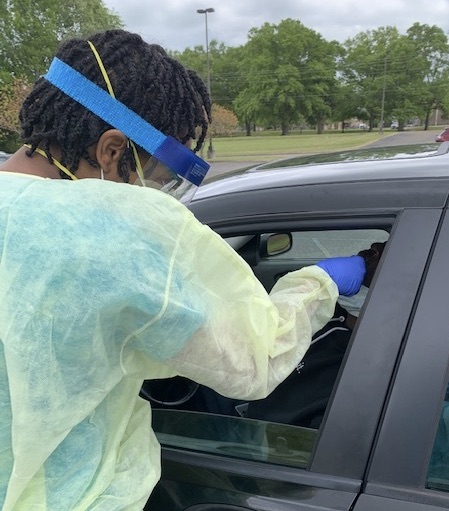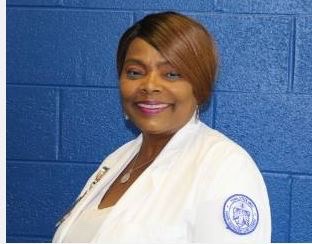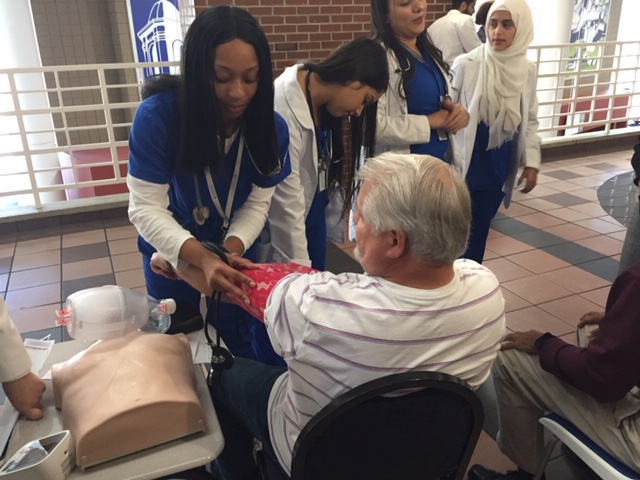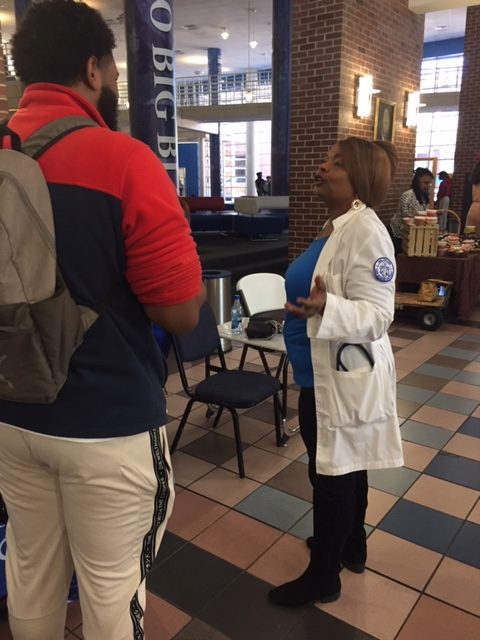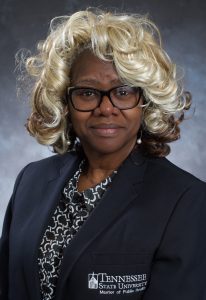NASHVILLE, Tenn. (TSU News Service) – As the first coronavirus vaccine is distributed across the nation, African American health officials are working to ease concerns about the vaccine in black communities.

African Americans are disproportionately getting sick and dying of COVID-19, but surveys suggest they’re more hesitant to get the vaccine than other racial and ethnic groups in the United States. History is a big reason for that, experts say.
“That we shouldn’t trust the government is a message that’s been sent down from generation to generation,” says Dr. Esther Lynch, an assistant professor in Tennessee State University’s Psychology Department who specializes in integrated behavioral health and trauma in marginalized populations.
“It doesn’t matter what area we touch on, there’s always some sort of injustice that has happened when it comes to people of color in general.”
The U.S. Food and Drug Administration approved Pfizer’s COVID-19 vaccine last week, and another vaccine was expected to be approved as early as Friday, Dec. 18. Dr. Lynch, along with History and infectious disease experts at Tennessee State University, say they understand the concern African Americans have about the vaccines, but seriously suggest everyone should get vaccinated to stop the spread of the virus, especially in communities of color.
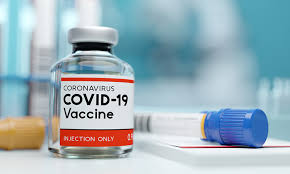
She notes the Tuskegee Institute syphilis study, where black men were deceived and were withheld treatment. Then there was the eugenics project in Mississippi where thousands upon thousands of African American women who went to state health facilities for routine medical procedures were sterilized without their knowledge.
“There’s just too much distrust,” says Lynch.
Recent figures show Tennessee has seen an average of 8,760 confirmed COVID-19 cases and 71 deaths per day. It has the most confirmed cases per capita among states and D.C. during the same period. Tennessee has received nearly 57,000 doses of the Pfizer vaccine, and a second shipment of close to that amount is expected in the next few weeks.

State officials say health-care workers and nursing home residents will receive the vaccines first; second in line are expected to be essential workers, teachers, and first responders; then individuals with pre-existing conditions, and those over age 65.
Health experts say the vaccines won’t work unless enough people take them to establish herd immunity, or when most of the population is immune to the disease. So far, COVID-19 has killed more than 300,000 Americans, and millions worldwide.
Dr. Learotha Williams, a history professor at TSU, says African Americans’ apprehension concerning vaccines in general is understandable, but that they should give serious consideration to taking those that fight COVID-19 because of how the virus “disproportionately affects us.”
He says a number of black health experts have expressed similar sentiment, such as Dr. Kizzmekia Corbett, who has been leading the effort to combat COVID-19. Corbett, a research fellow and scientific lead at the National Institute of Health, is working with a team of scientists studying Moderna’s vaccine, one of the two COVID-19 vaccines shown to be effective by more than 90 percent.

“The black doctors that I know, that I trust, I don’t see them suggesting something that would harm us,” says Williams, an expert on African American and public history.
Dr. Wendelyn Inman, an infectious disease expert and director of public health programs in TSU’s College of Health Sciences, has some advice for those who have reservations about the COVID-19 vaccines.
“I don’t see any reason to be concerned, but if you are, just wait a couple of weeks, or days, before you take yours,” says Inman, who previously was chief of epidemiology for the State of Tennessee. “You’ll be able to see how people react to the vaccine.”
To learn more about the vaccines and how they will be administered, contact your local health department, or visit the Tennessee Department of Health’s website: http://bit.ly/38aZrfX.
NOTE: Featured photo courtesy of Reuters.
Department of Media Relations
Tennessee State University
3500 John Merritt Boulevard
Nashville, Tennessee 37209
615.963.5331
About Tennessee State University
Founded in 1912, Tennessee State University is Nashville’s only public university, and is a premier, historically black university and land-grant institution offering 39 bachelor’s degree programs, 24 master’s degree programs, and seven doctoral degrees. TSU is a comprehensive research intensive institution with a R-2 Carnegie designation, and has a graduate school on its downtown Avon Williams Campus, along with the Otis Floyd Nursery Research Center in McMinnville, Tennessee. With a commitment to excellence, Tennessee State University provides students with a quality education in a nurturing and innovative environment that prepares them as alumni to be global leaders in every facet of society. Visit the University online at tnstate.edu.
